Graham Reid | | 3 min read
Abergavenny
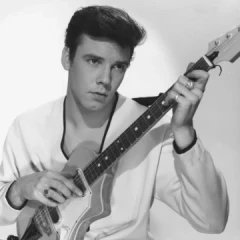
Reg Smith from London was a decent looking teenager who got caught up in that first wave of rock'n'roll in the late Fifties. He was singing in a club (as Reg Patterson) when he was spotted by the impresario-cum-svengali Larry Parnes.
Parnes knew a good thing when he saw it – it was taking the pocket money of impressionable teens – and so he built a stable of young British rock'n'roll stars and gave them suitably flash names: Liverpool's Ron Wycherley became Billy Fury, Ray Howard turned into Duffy Power, Richard Knellar: Dickie Pride, Terry Williams: Terry Deane, Clive Powell: Georgie Fame . . .
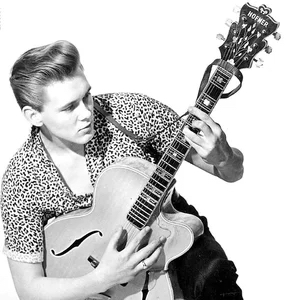 Reg Smith/Patterson became Marty Wilde and in that interregnum period between the rock'n'roll of Elvis, Buddy, Chuck etc and the arrival of the Beatles, Wilde had a very good career fronting his band the Wildcats.
Reg Smith/Patterson became Marty Wilde and in that interregnum period between the rock'n'roll of Elvis, Buddy, Chuck etc and the arrival of the Beatles, Wilde had a very good career fronting his band the Wildcats.
But like so many young British artists – Cliff Richard and Tommy Steel being prime examples – the aim wasn't only the teenage audience (which could and would be fickle) and so Wilde increasingly positioned himself as an all-round family entertainer.
Like Steele (another managed by Parnes and expat Kiwi John Kennedy), he moved into theatre (he played the lead role of Conrad Birdie in the original and very successful production of Bye Bye Birdie) and film. He also became a songwriter with occasional successes.
He wrote a bunch of songs for his daughter Kim Wilde, notably her hit Kids in America.
These days most people don't remember his own early hits like Endless Sleep and No One Knows or his covers of Honeycomb, Donna and A Teenager in Love.
Oddly enough his most memorable song – released in 1968, one still sometimes played on radio – was a middle-of-the-road one about a small town in Wales which charted in Australia and was one of only two of his songs which went into the US top 50.
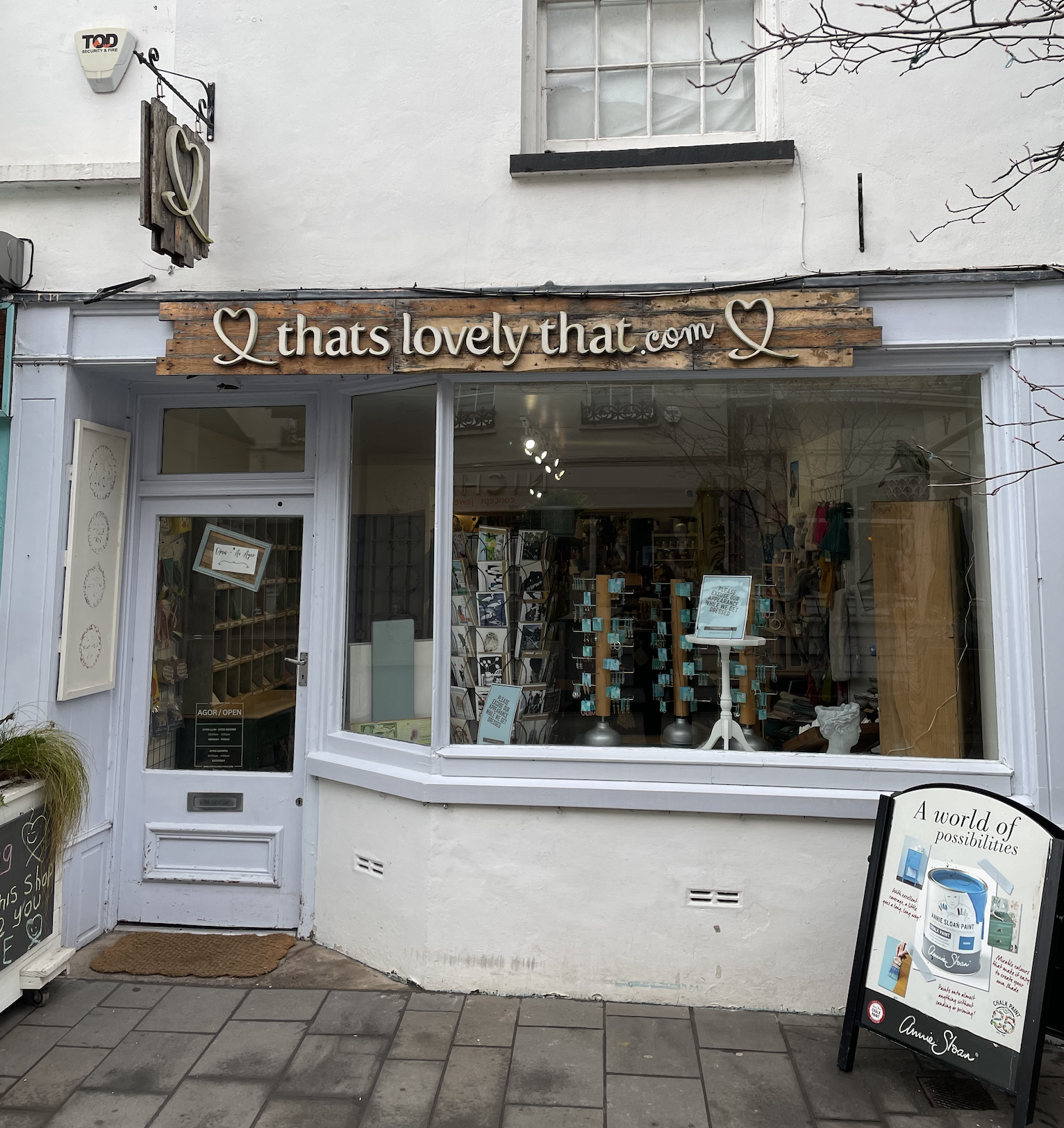 And so when in Bristol just across the Severn from Wales, a pilgrimage to the place celebrated in song was in order.
And so when in Bristol just across the Severn from Wales, a pilgrimage to the place celebrated in song was in order.
We went to Abergavenny.
A lovely market town on the River Gavenny which was walled in the Middle Ages, Abergavenny boast a wide and pleasant pedestrianised main street, a spacious Market Hall (the secondhand records over-priced as they are everywhere these days), decent pubs, quaint shops alongside the more well-known chains, and parks.
There's no shortage of historic churches and buildings (the ruin of Abergavenny Castle among them), and of course this – as celebrated in Wilde's song – is the home to “the paradise people” and where it is “sunshine forever, lovely weather” (it was bloody cold when we visited in early January but the pub had an open fire).
It's a catchy but somewhat odd song.
Early on Marty tells us “if you should see a red dog running free, well you know he's mine”.
I'm guessing the red dog is long gone, but we can at least follow Marty's lead when he says “if you can't go then I promise to show you a photograph”.
So here follows some photos of Abergavenny, a place we never would have gone to – Pontypridd, where Tom Jones grew up was the other option – if it hadn't been for Marty Wilde, who at 85 is still with us at the time of this writing.
This is where the paradise people live and work.
.

.

.
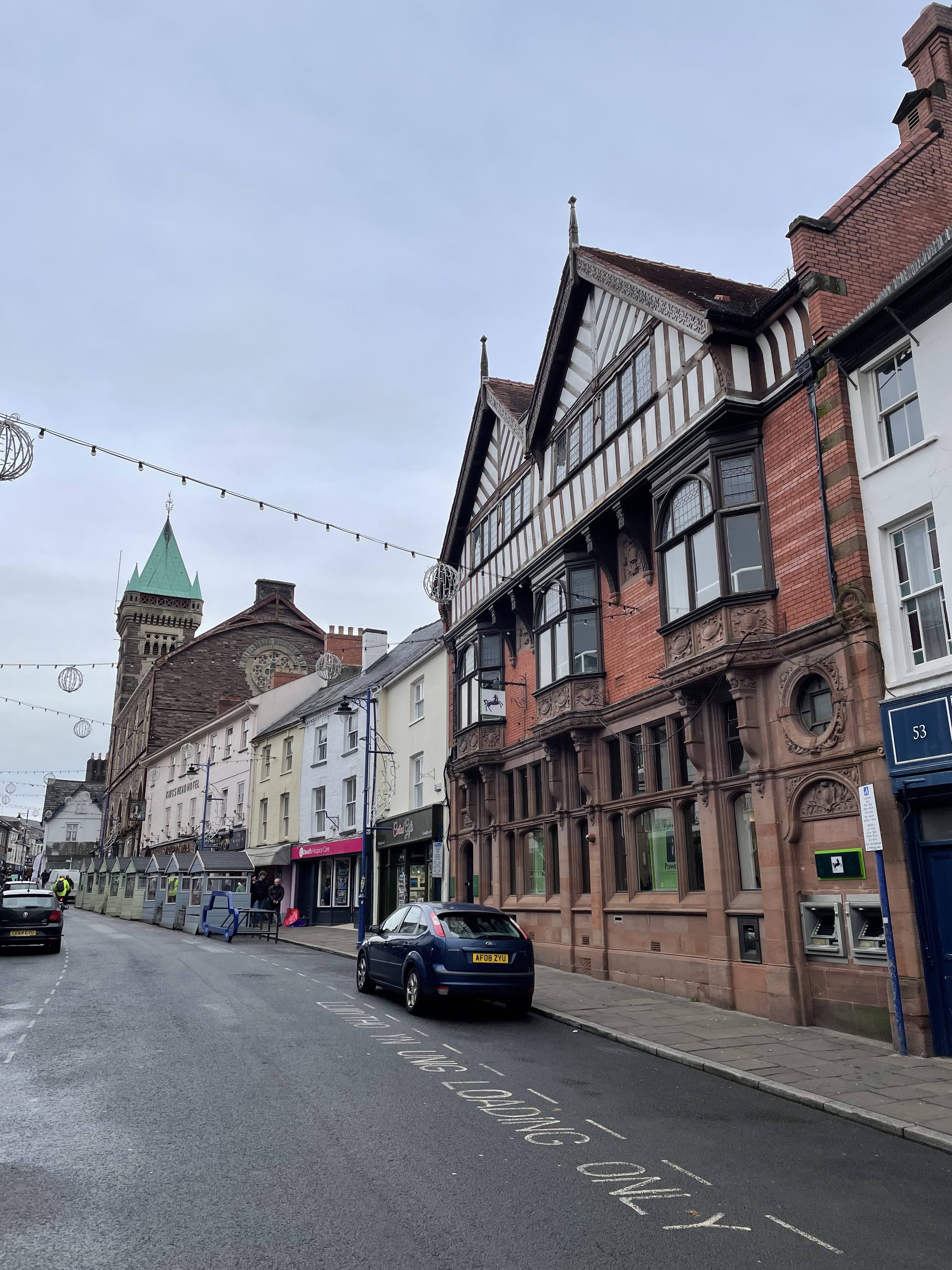
.
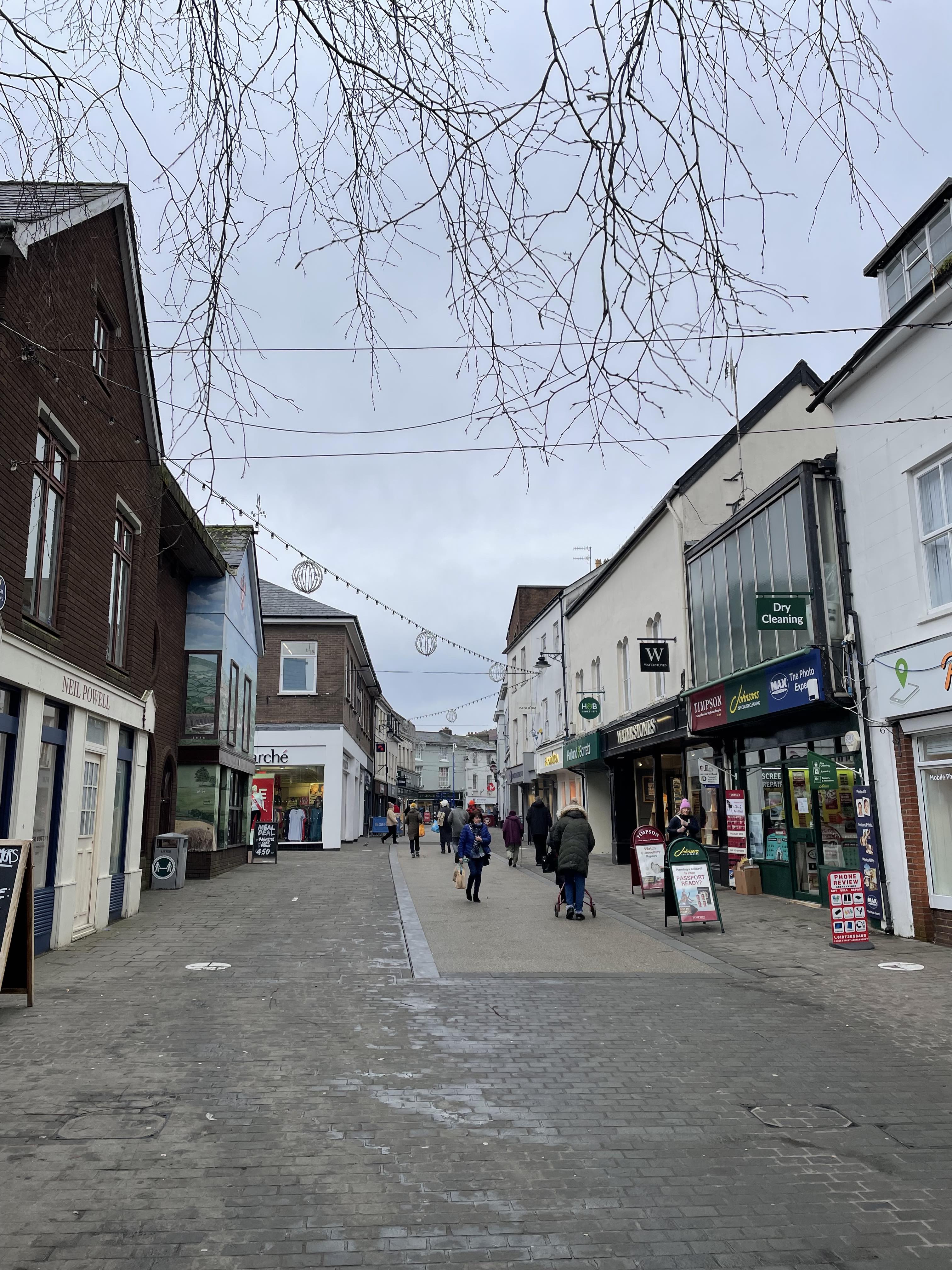

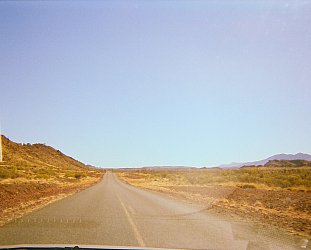
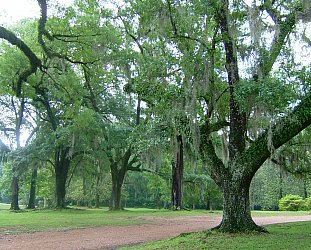

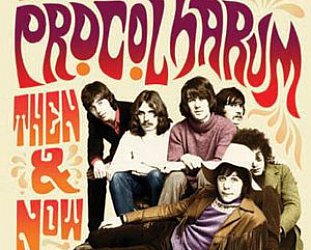
post a comment